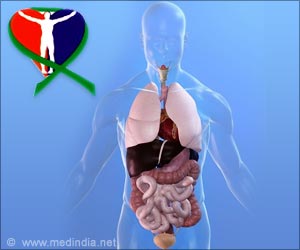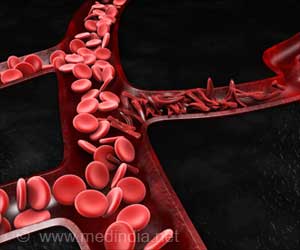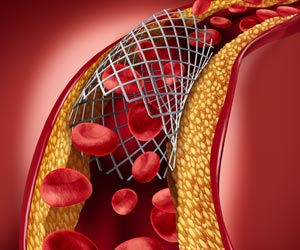The number of physicians who say they are suffering from “burnout” has jumped to more than half as the practice of medicine becomes more complicated in the US.

‘As United States is facing projected physician shortages, Mayo Clinic research exhibits a link between professional burnout and satisfaction.’





Researchers from Mayo Clinic and Sirota Survey Intelligence linked data from validated surveys assessing burnout and work satisfaction from physicians at Mayo Clinic to seven years of administrative and payroll records for doctors at the institution. Although none of the Mayo Clinic investigators had access to any identifying information, the Sirota team was able to pair the payroll data Mayo provided to survey responses.The investigators found that for every point increase in the seven-point scale measuring emotional exhaustion (a domain of burnout), there was a 40 percent greater likelihood a physician would cut back his or her work hours over the next 24 months. A similar relationship was observed for every one-point decrease in the five-point scale measuring professional satisfaction.
The longitudinal study used survey data from 1,856 physicians responding in 2011 and 2,132 physicians responding in 2013. The study included physicians on payroll at the Mayo Clinic campuses in Arizona, Florida and Minnesota. Results were adjusted for geographic site, age, sex and specialty.
"There is a societal imperative to provide physicians a better option than choosing between reducing clinical work or burning out," Dr. Shanafelt says. "Physicians reducing their professional effort due to burnout could exacerbate the already substantial U.S. physician workforce shortage as well as impact continuity of care for patients."
He says the link between burnout and cutting clinical work is particularly concerning for several primary care disciplines, such as family medicine and general internal medicine. These specialties already have the largest projected physician shortages and have some of the highest rates of burnout.
Advertisement
Source-Eurekalert











